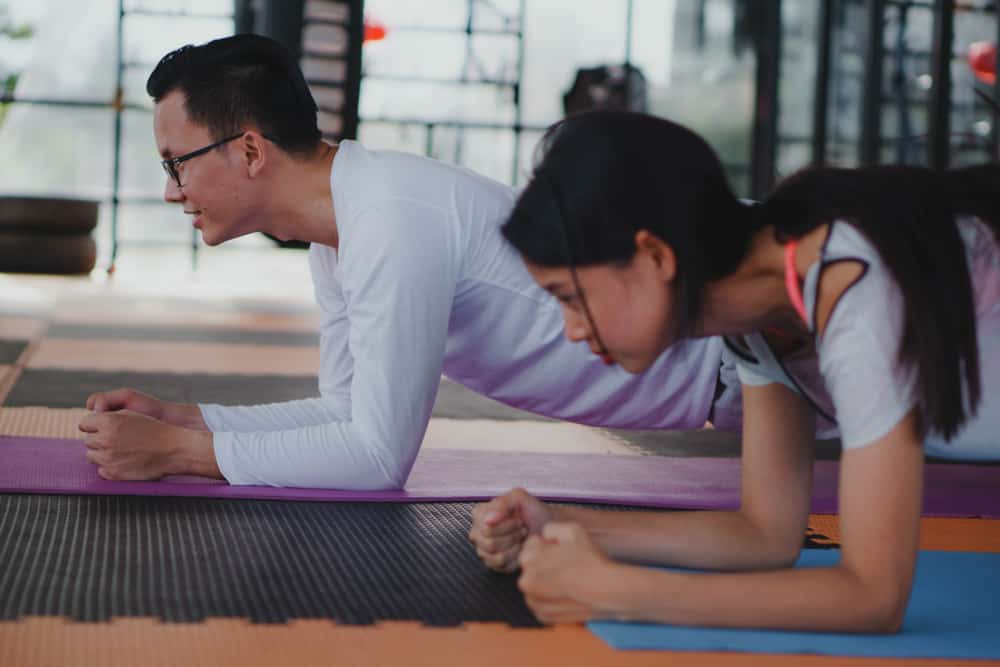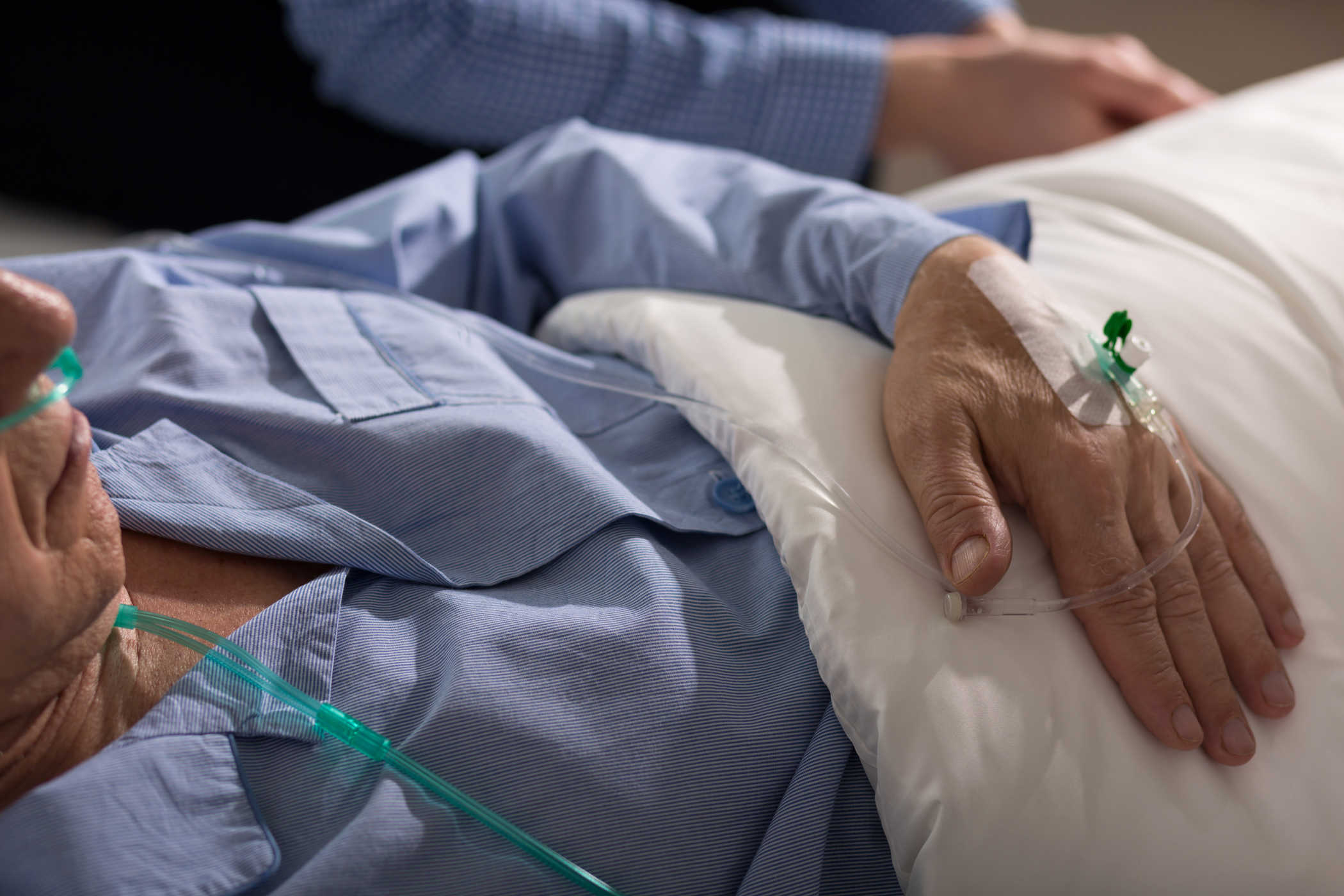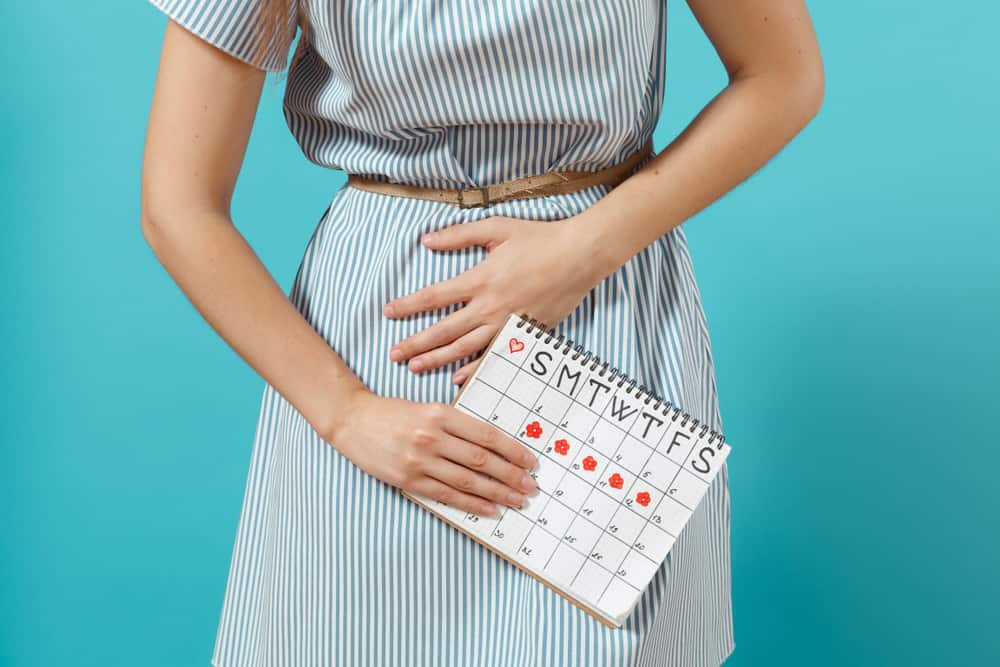Contents:
- Medical Video: Dr. Satchin Panda on Practical Implementation of Time-Restricted Eating & Shift Work Strategies
- Habits during fasting which can be the cause of porous bones
- 1. Careless eating
- 2. Lack of movement
- 3. Lazy activities outdoors
Medical Video: Dr. Satchin Panda on Practical Implementation of Time-Restricted Eating & Shift Work Strategies
Fasting has various health benefits. But there are many things that are done when fasting without realizing it can disrupt health, including bone health. The following bad habits during fasting can even cause bone loss. What are the habits that cause bone loss when fasting?
Habits during fasting which can be the cause of porous bones
1. Careless eating

This makes many people malnourished because they do not pay attention to the nutritional content of the food menu. It is not impossible this habit makes bones become brittle and porous.
Consume too much food with high sodium content such as snack chips (chips), processed foods such as sausages and nuggets, for example, can make the body lose large amounts of calcium which can weaken bones. In addition, drinking soda with cauliflower at the time of breaking can also have a negative effect on bones because they contain phosphoric acid which can damage bones. Therefore, remove soft drinks from your breaking menu.
For this reason, to keep bones healthy and strong, it's good to fill your daily nutrition by eating a variety of healthy foods and drinks. Besides being good for health, nutrient-rich foods can also nourish bones.
Green vegetables and fruits contain various vitamins and minerals that the body needs to work properly. Foods and drinks rich in vitamin D include salmon, mackerel, tuna, orange juice, fortified milk, and oats. These foods and drinks can also be your alternative at dawn and open in the fasting month.
Taking calcium and vitamin D, both from food and supplements, is very useful for bone health. The recommended dose of vitamin D based on Nutritional Adequacy Rate from the Ministry of Health is 15 micrograms or 600 UI per day for children and adults, both women and men.
While the elderly need to meet the daily vitamin D needs of 800 UI. Meanwhile, the daily calcium needs of children, adults, and parents are approximately 1,000 mg per day.
2. Lack of movement
Bone needs to be moved to stay healthy. This is because when the muscles pull it to move, the bones are stimulated to remain strong and supple. Therefore, lack of motion is one of the causes of porous bones. Well, fasting is often used as an excuse to reduce daily activities that make a person less mobile.
Sleeping too long for example is one of the activities that is very often done. Even though this habit if done for a full month or so can increase your risk of experiencing porous bones.
Research shows that people who sleep too long can pose a variety of health risks such as obesity and back pain that increase the risk of damage and bone loss.
In addition, sitting too long can also increase the risk of bone damage. Don't make fasting a place to sit all day while watching TV or playing the game.
Try to get up and take a walk every 20 minutes if you are required to sit for a long period of time. In addition, try to fill fasting time by staying active in activities, not by sleeping all day.
3. Lazy activities outdoors
When fasting, not a few people are lazy to do outdoor activities, including going out of the house. Whether because of the hot weather or because it's just lazy without certain special reasons.
In fact, allowing the body to be exposed to sunlight can stimulate vitamin D production naturally. Sunlight contains UVB rays which can form large amounts of vitamin D3.
When the body is exposed to sunlight, UVB radiation will enter through the skin and stimulate the formation of previtamin D3 to be channeled to other parts of the body and produce vitamin D that the body needs.
Relax, you do not need long to dry the body in the sun. Enough to do activities under the sun in the morning between 10:00 to 14:00, for 10 to 15 minutes without using sunscreen, to produce the required vitamin D.














